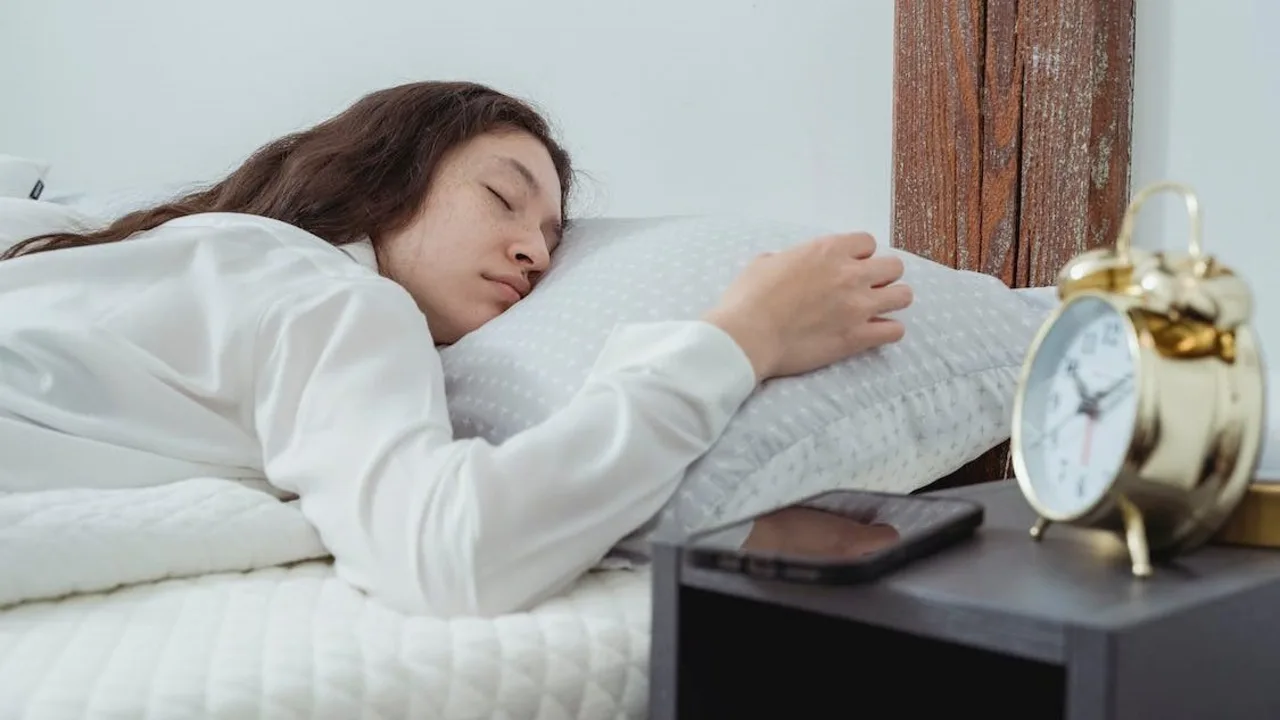Sleep Disorders Prevention: Easy Steps for Restful Nights
If you’re tired of tossing, turning, or waking up groggy, you don’t need a miracle cure – just a few solid habits. Below are down‑to‑earth tips that can help stop sleep problems before they start.
Create a Sleep‑Friendly Environment
First things first: make your bedroom feel like a cue for sleep. Keep the room dark, cool (around 65°F or 18°C works for most people), and quiet. If street lights sneak in, grab a blackout curtain or an eye mask. White noise machines, fans, or a simple phone app can drown out sudden sounds that might wake you.
Invest in a mattress and pillow that support your body. You don’t need the most expensive set – just one that keeps your spine aligned and feels comfortable after a few nights of use.
Build Nighttime Habits That Work
Your brain likes routines, so try to go to bed and wake up at the same time every day, even on weekends. A regular schedule tells your internal clock when it’s time to wind down. Cut screen time at least 30‑minutes before bedtime. The blue light from phones and laptops tricks your body into thinking it’s still daylight, which reduces melatonin – the hormone that makes you sleepy. If you must use a device, turn on night mode or wear blue‑light blocking glasses.
Instead of scrolling, do something calming: read a paperback, stretch gently, or practice deep breathing. Simple techniques like the 4‑7‑8 breath (inhale for 4 seconds, hold for 7, exhale for 8) can lower heart rate and prepare you for sleep.
Watch what you eat and drink in the evening. Heavy meals, caffeine, and alcohol close to bedtime can all disrupt your cycle. Try a light snack like yogurt or a banana if you’re hungry, and keep coffee or energy drinks out of the house after 2 pm.
Regular exercise is a sleep booster, but timing matters. A brisk walk or short workout in the morning or early afternoon helps regulate hormones. Working out too close to bedtime can leave you wired instead of relaxed.
Stress often sneaks into the night as racing thoughts. Write down worries in a journal earlier in the evening – get them onto paper so they’re not circling your head at 2 am. You can also try progressive muscle relaxation: tense each muscle group for five seconds, then release. If you still struggle, consider natural sleep aids like melatonin supplements (5‑10 mg about an hour before bed) or herbal teas with chamomile or valerian root. Stick to the recommended dose and talk to a pharmacist if you’re on other meds.
Finally, be patient. It can take a week or two for new habits to stick. If insomnia persists despite these changes, it’s worth checking in with a healthcare professional – sometimes an underlying condition needs attention.
By tweaking your environment, setting a steady routine, and watching food, drink, and stress, you give yourself the best shot at preventing sleep disorders. Sleep is a natural part of life; with these simple steps, you can make it work for you instead of against you.

The Importance of Sleep Hygiene in Preventing Shift-Work Disorder
As a blogger who deeply cares about personal health, I've been fascinated with the significance of proper sleep hygiene in warding off Shift-work disorder. This post delves into the relevance of maintaining good sleep habits and how they can effectively prevent the occurrence of this disorder usually afflicting those who work during unusual hours. You'll uncover key tips and beneficial routines for promoting a restful sleep cycle, no matter your work schedule. Don't let shift work disturb your well-being. Learn how pivotal good sleep hygiene is for your overall health.